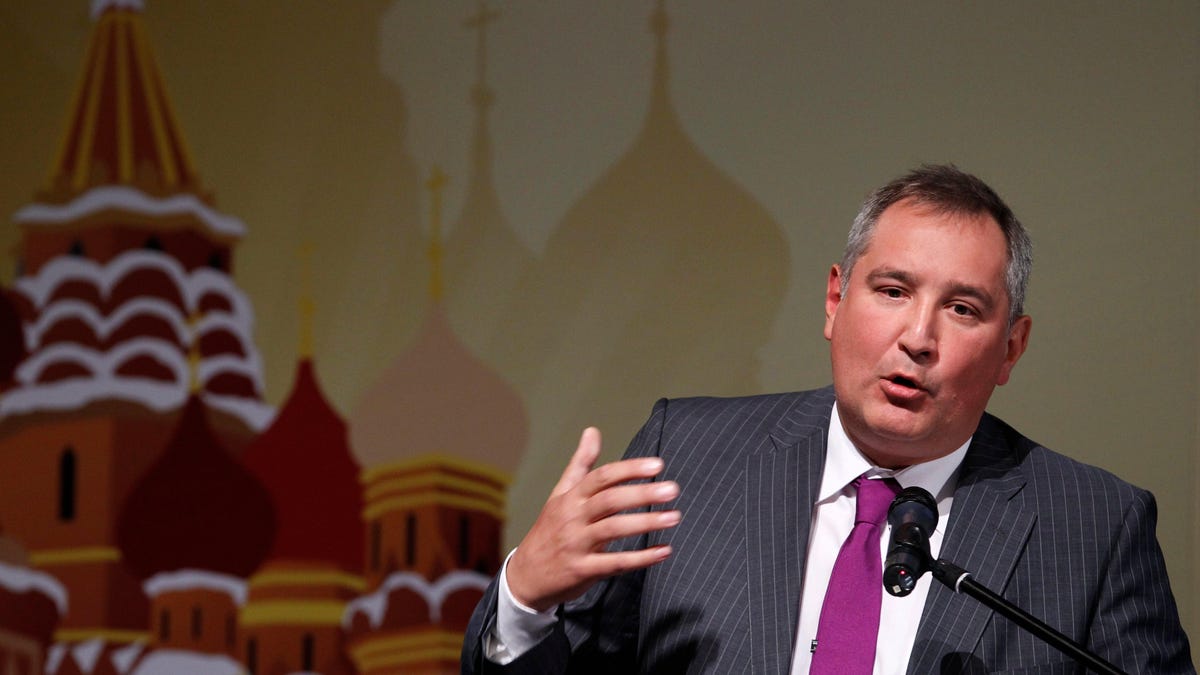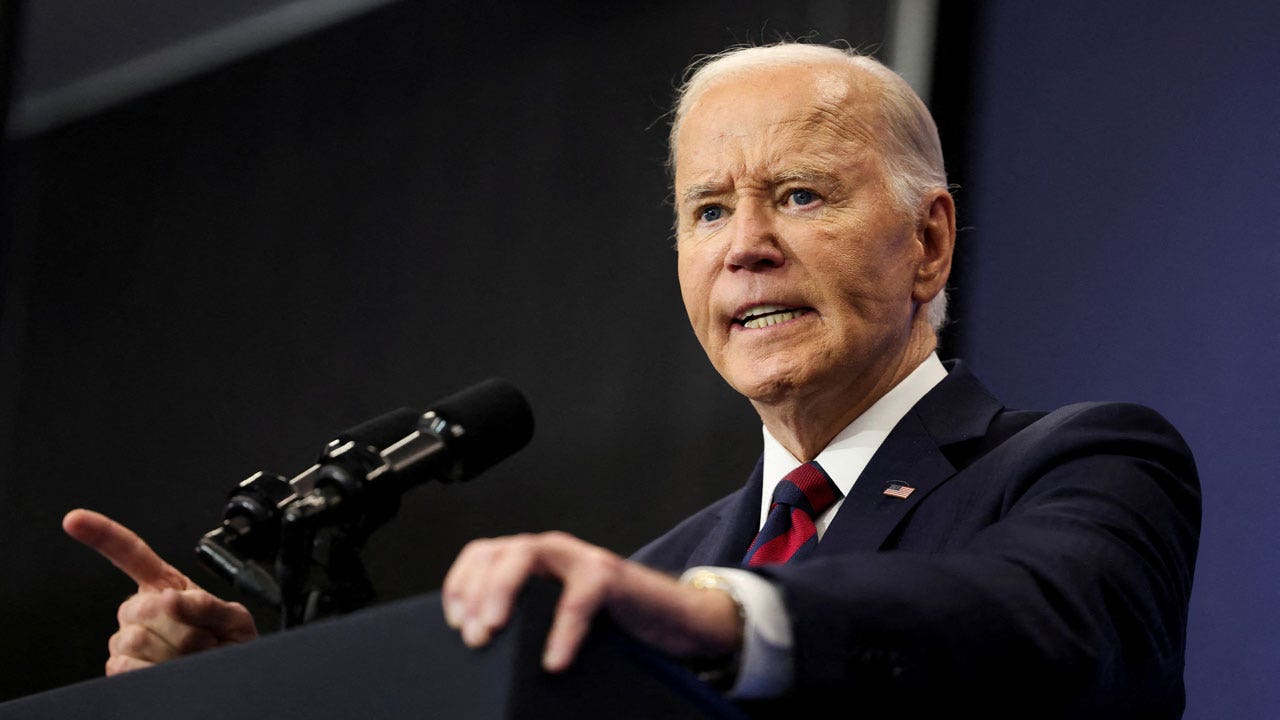
On Friday, the Russian government announced the dismissal of Dmitry Rogozin from Roscosmos, appointing Yury Borisov, Russia’s deputy prime minister, to the agency’s top role. The decree is effective immediately, according to a brief communique by the Kremlin.
Russian space chief Dmitry Rogozin was dismissed from his position just days after he lashed out against the European Space Agency, threatening to restrict access to a robotic arm attached to the International Space Station. It was one in a long string of outbursts that came to characterize his blustery four-year tenure at Roscosmos.
Indeed, Rogozin had a turbulent run as head of the Russian space agency, and things escalated recently with the Russian invasion of Ukraine. He spoke out in support of the ongoing war, expressing dismay at the international sanctions imposed against Russia by the U.S. and Europe. Rogozin constantly threatened to pull out of the ISS, endangering a longstanding partnership with NASA and the European Space Agency. In March, Russian state media posted a fabricated video made by Roscosmos of Russian cosmonauts packing up their belongings and seemingly departing from the ISS for good, detaching the Russian module from the orbital station.
Earlier this week, Rogozin ordered Russian cosmonauts on board the space station to discontinue their work on the new European robotic arm attached to the Russian segment of the space station. Rogozin accused ESA of “sabotaging” a mission to Mars after the space agency officially terminated its cooperation with Roscosmos on the ExoMars mission that was scheduled to launch in September. Rogozin had also used the ISS as a platform to promote nationalistic propaganda, posting photos on Roscosmos’ official Telegram channel of three cosmonauts holding up the flags of Russian-backed regions in Ukraine in blatant support of the ongoing invasion.
NASA issued a rare statement condemning the use of the ISS to display the flags, but the space agency has otherwise kept things diplomatic with its Russian counterpart in an effort to maintain the ISS partnership. That said, NASA endured defamation attempts by Roscosmos even prior to the ongoing Russian war. Take for example that unfounded accusation made by an unnamed Roscosmos official claiming that a NASA astronaut had sabotaged a Soyuz spacecraft in 2018, leading to an air leak on the ISS.
G/O Media may get a commission
22% Off
Google Pixel 6 Pro
Fancy phone
Uses a powerful Google Tensor processor for absurd speeds, has an advanced camera with a 4x optical zoom, and a sensor that can capture more light than ever before, has a fast-charging battery to allow you to stay on the go more, and features multiple incredible photo tools.
But tensions have certainly peaked as of late. In February, U.S. President Joe Biden declared that the international sanctions imposed against Russia would also impact its space program. The sanctions seemed to have sent Rogozin spiraling, doubling down on his support of the Russian war on Ukraine. “We really value our professional relationship with NASA, but as а Russian and citizen of Russia, I am completely unhappy with the sometimes openly hostile U.S. policy towards my country,” Rogozin wrote on Twitter.
Rogozin’s dismissal from Roscosmos may have been a way to deescalate the situation with NASA and ESA, and an effort to maintain a peaceful relationship with its international counterparts, at least in space. Or maybe not. Only time will tell.












/cdn.vox-cdn.com/uploads/chorus_asset/file/25784221/247333_EOY_Package_Check_In_CVirginia_PRIME.jpg)








Discussion about this post